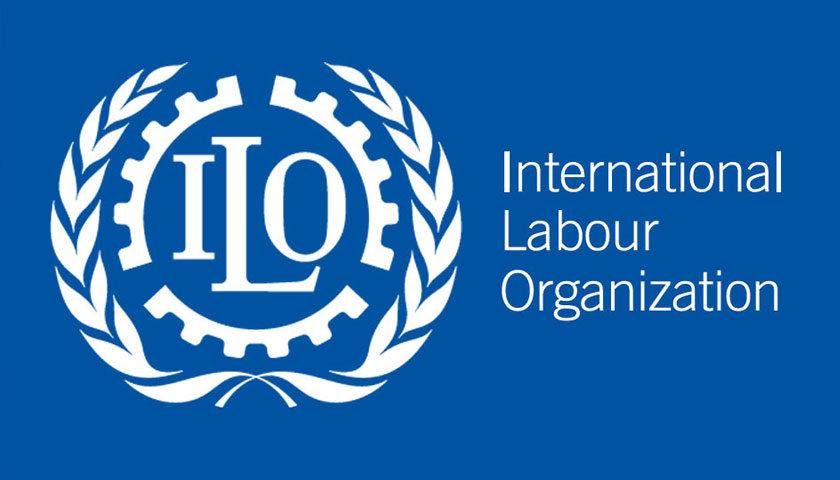The International Labour Organization (ILO) is working closely with Arab States to advance a transformative vision for social justice, decent work and inclusive development, as part of preparations to the Second World Summit for Social Development (WSSD2) to be held in Doha in November 2025.
On the sidelines of the 51st Session of the Arab Labour Conference, convened by the Arab Labour Organization (ALO) in Cairo, the ILO and the ALO hosted a discussion on WSSD2 that brought together over 100 government, employer and worker representatives from the Arab region, including the Ministers of Labour of Qatar, Lebanon, Tunisia, the Occupied Palestinian Territory and Yemen.
The discussion, held under the patronage of the State of Qatar and in collaboration with the Executive Bureau of Councils of the Ministers of Labor and Ministers of Social Affairs in the countries of cooperation Council of the Arab States of the Gulf, aimed to ensure that the Arab region plays a strong and substantive role in shaping the global social development agenda.

A renewed global social contract for a changing world
In a context of mounting global challenges, from wars, conflicts, inequality and economic insecurity to climate change and technological disruption, the ILO is calling for a renewed global social contract grounded in social justice. This call, which informs the organisation’s contributions to the WSSD2 process, emphasises equity, solidarity and dignity in work as the foundations for resilient societies and sustainable development.
The ILO’s priorities for WSSD2 include promoting full and productive employment including through the formalisation of informal jobs and economic units, strengthening universal and sustainable social protection systems, and advancing just transitions toward greener and more digital economies. It also underscores the importance of gender equality, the care economy and stronger rights and opportunities for marginalised groups.
During the discussion, Qatar’s Minister of Labour Ali Bin Samikh Al-Marri said the WSSD2 represents a historic opportunity to reaffirm the international community’s commitment to the Sustainable Development Goals and to advance a renewed global social contract responsive to today’s rapid transformations. He emphasized the importance of ensuring that the Arab region plays a pivotal role not only in the preparatory phase of the Summit but also in shaping its outcomes, in ways that reflect regional priorities around decent work, social protection, social justice and the cohesion and resilience of societies.
ILO Regional Director for Arab States Ruba Jaradat highlighted that the Arab States region is not only witnessing profound social and economic transitions but also holds the potential to shape global development pathways. She added: “As we look ahead to the Second World Summit for Social Development in Doha, it is vital that the voices of this region—its workers, employers and governments—are reflected in the global agenda. Lasting peace can only be based on social justice and the ILO stands ready to support the Arab states in shaping a renewed global social contract that champions social justice, expands decent work opportunities for all and builds inclusive and resilient societies.”
ILO engagement for global impact
The ILO has been deeply involved in the preparatory process of the WSSD2, including through the UN interagency taskforce chaired by the UN Deputy Secretary-General. The recently created Global Coalition for Social Justice, which gathers over 330 partners among governments, international organisations, social partners and NGOs, is ideally positioned to follow up on the Summit’s outcome and ensure that it makes a difference in people’s lives.
In addition to the joint event with the Arab Labor Organization, the ILO Regional Office for Arab States is engaging through a number of preparatory events – including the Arab Forum for Sustainable Development Ministerial Level Discussion held in Beirut, Lebanon on 15 April, the upcoming League of Arab States Pre-meeting to be held in Tunis, Tunisia from 30 June – 1 July, and through ongoing technical cooperation with Arab member States.
